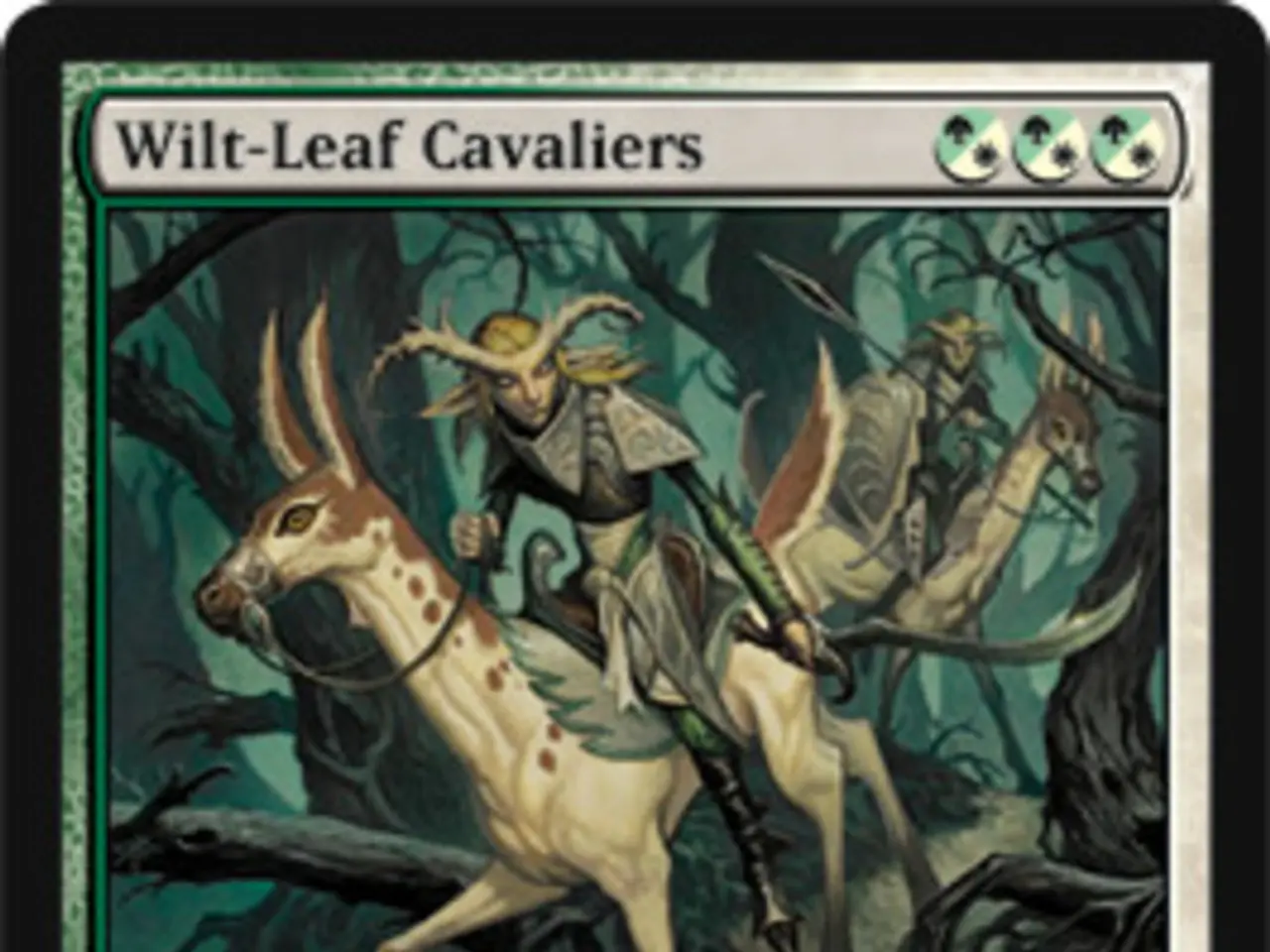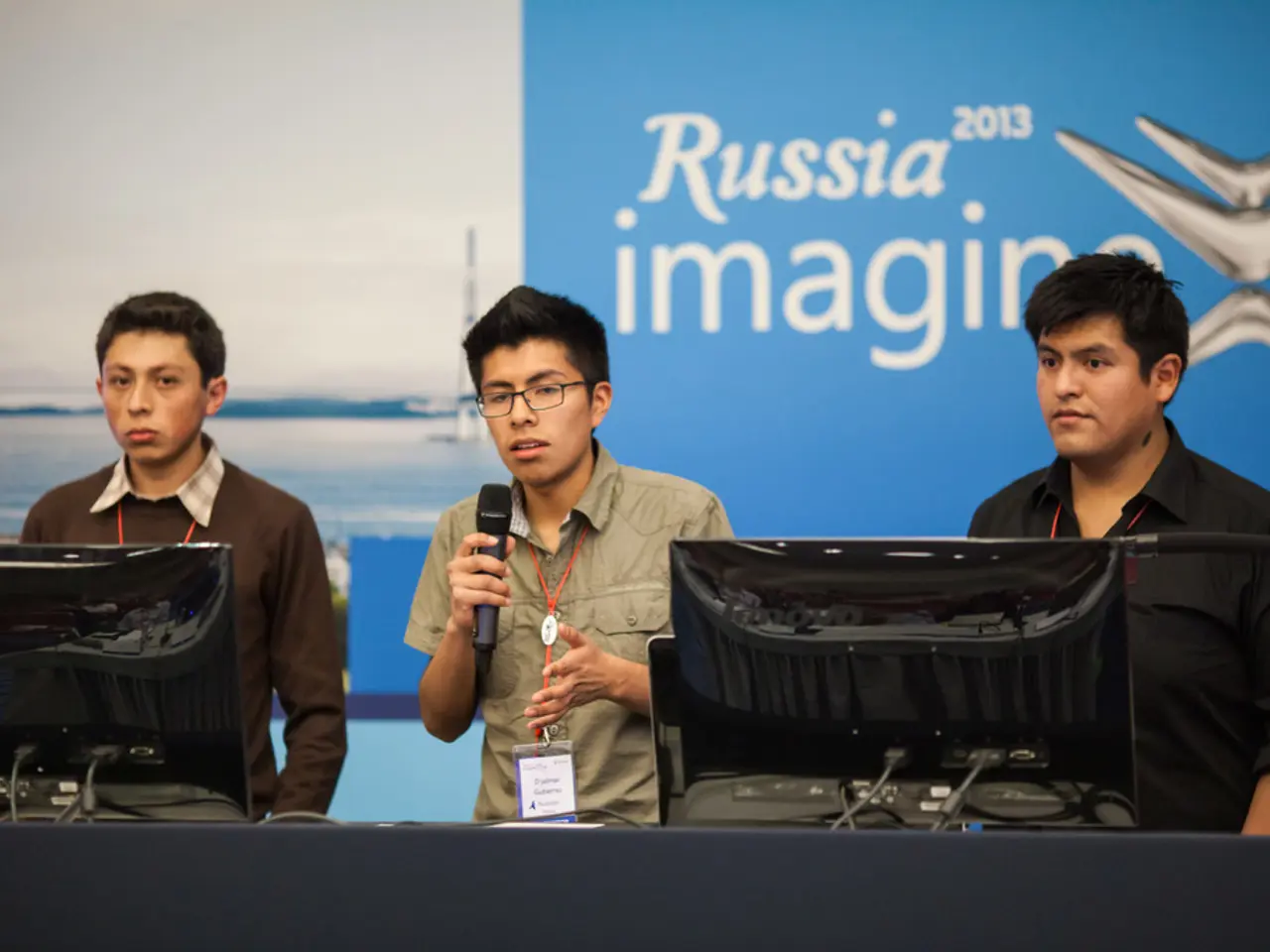Joseph Brant's Contribution: Native Leadership During the Revolutionary War
Joseph Brant: A Pivotal Indigenous Leader in the American Revolution
Joseph Brant, born in 1743 as Thayendanegea, was a prominent figure during the American Revolution, serving as a Mohawk war chief and a key leader of the Iroquois Confederacy. Aligning with the British Crown as a Loyalist, Brant played a critical role in the Native American-British alliance against the American Patriots.
Raised in a unique blend of Native American and European cultures, Brant received Western education at a young age, which significantly influenced his perspectives and actions during the war. His command of Iroquois forces demonstrated a keen understanding of both guerrilla warfare and conventional tactics, making him an effective military leader.
During the Revolution, Brant led Iroquois forces in military campaigns primarily in New York and Pennsylvania, conducting raids and battles against American forces and settlements. His strategic acumen played a crucial role in influencing the course of pivotal battles, such as the Battle of Oriskany and the Battle of Saratoga.
Following the British defeat and the Treaty of Paris (1783) which ceded Iroquois lands to the United States, Brant led a significant migration of the Mohawk and other Iroquois to Canada. There, under Brant’s leadership, they settled on a Crown-granted territory known as the Six Nations reserve along the Grand River in Ontario.
In the post-war period, Brant's impact extended beyond military leadership. He was also a diplomat, negotiating with British authorities and later with the United States, notably signing the Treaty of Canandaigua in 1794 which recognized some Iroquois land rights. His efforts helped maintain the political cohesion and territorial claims of his people in the face of American expansionism.
As he navigated the complexities of post-war life, Joseph Brant remained a central figure in advocating for the rights and cultural continuity of the indigenous populations within the newly established Canadian territories. His focus extended beyond mere territorial considerations; he dedicated himself to preserving the cultural heritage of his people.
Brant's legacy encompasses a rich tapestry of achievements, including his prowess as a military leader, adept diplomacy, and unwavering advocacy for Native American rights. His alliances with various Native American tribes underscored his diplomatic skills, as he sought to garner widespread support for the British cause.
Determining Brant's allegiance during the American Revolution proves intricate, as his actions were primarily driven by a commitment to safeguarding Native American interests and preserving indigenous lands. In the aftermath of the conflict, Brant persistently championed the rights of Native American peoples, making significant contributions to the region's history.
In summary, Joseph Brant’s role in the American Revolution was as a key Indigenous ally to the British, leading military forces and later securing new homelands and rights for the Mohawk and Iroquois people in Canada, shaping Indigenous-British relations and Native American history in the post-war period. His legacy resonates as a multifaceted narrative, reflecting his dynamic role in the historical fabric of North America.
- Joseph Brant's motivation during the American Revolution was not solely based on alignment with the British Crown, but also focused on safeguarding the well-being and rights of the Iroquois and other Native American communities.
- Brant's astute diplomatic acumen played a pivotal role in navigating the complexities of war-and-conflicts, politics, and general-news during the post-war period, helping maintain the focus of Native American communities on preserving their cultural heritage.
- Despite the turbulent times, Brant's efforts in the political arena demonstrates how an individual can positively impact both their own community's well-being and the broader landscape of international relations.






